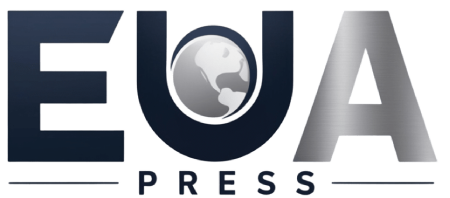According to Paulo Henrique Silva Maia, Founder and CEO of Case Consultoria e Assessoria, boosting your team’s productivity through ethics and stress management training is a strategy increasingly adopted by companies aiming for high performance. Developing these competencies has a direct impact on efficiency, organizational climate, and corporate results.
In today’s business environments, dealing with constant pressures and making ethical decisions are daily challenges. That’s why investing in training that combines these two pillars is essential for companies seeking sustainable and balanced growth. Learn more below!
Why Do Ethics and Stress Management Trainings Increase Productivity?
Ethics and stress management training are fundamental because they foster the development of socio-emotional and behavioral skills, while also strengthening institutional values. Well-prepared teams tend to demonstrate greater clarity in decision-making, fewer internal conflicts, and a healthier work environment. When employees learn how to manage stress, they become more resilient, focused, and productive.
As Dr. Paulo Henrique Silva Maia explains, ethics training offers strategic advantages for any organization. Embedding ethical principles within corporate culture reduces inappropriate behaviors, improves interpersonal relationships, and strengthens the company’s market reputation. Key benefits include:
-
More Assertive Decision-Making: Employees act based on clear values, reducing mistakes and uncertainties.
-
Conflict Reduction: Ethical environments foster collaboration and minimize friction.
-
Reputation Strengthening: Ethical companies attract clients, investors, and top talent.
-
Compliance with Regulations: Reduced legal and operational risks.

What Are the Best Practices for Implementing These Trainings?
To ensure ethics and stress management training programs are truly effective, it’s essential to follow best practices during implementation. Paulo Henrique Silva Maia emphasizes that success lies in aligning content with the company’s reality and employees’ needs. Recommended practices include:
-
Organizational Diagnosis: Understanding the main challenges the company faces regarding ethics and stress.
-
Tailored Content: Developing specific programs with practical, real-life corporate examples.
-
Dynamic Methodologies: Using techniques such as workshops, group dynamics, and simulations to increase engagement.
-
Continuous Monitoring: Evaluating results and providing ongoing support for employees.
Choosing an experienced partner makes all the difference in training quality. Companies striving for excellence should prioritize consultancies with proven expertise, solid methodologies, and highly qualified professionals. Business leader Paulo Henrique Silva Maia highlights that a good partner does more than deliver training—it plays a strategic role in transforming organizational culture and driving people development and results generation.
Why Is Investing in Ethics and Stress Management Essential?
Boosting your team’s productivity with ethics and stress management training is not just a trend; it’s a competitive necessity for companies wanting to stand out in an increasingly demanding and dynamic market. Organizations that prioritize human development and invest in building an ethical and healthy culture not only improve operational performance but also strengthen engagement, reduce absenteeism, and minimize turnover rates.
Finally, as Dr. Paulo Henrique Silva Maia emphasizes, investing in human development means investing directly in business success. By fostering environments where well-being, respect, and ethics are valued, companies not only enhance their competitiveness but also build stronger relationships with clients, partners, and their own teams.
Author: Bergezin Vuc







